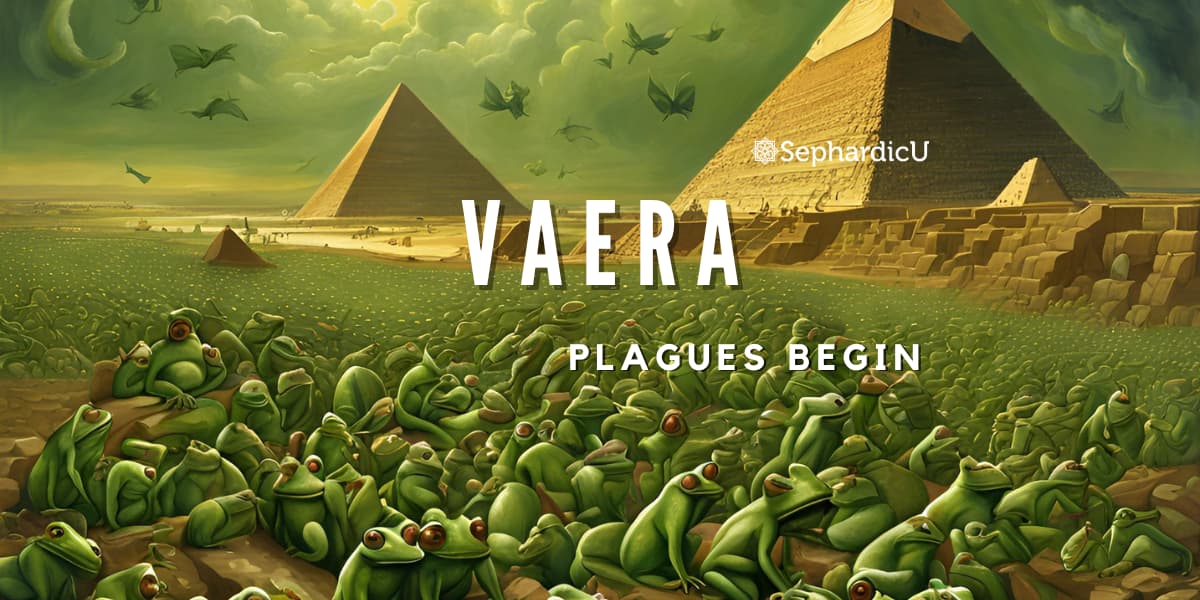| Aspect | Description |
|---|---|
| Parasha Number | The 21st Parasha in the Book of Exodus (Shemot). |
| Parasha Name | Mishpatim (מִשְׁפָּטִים), translating to “Laws” or “Judgments” in Hebrew, underscores the narrative featuring the detailed laws and ordinances given to the Israelites after the revelation at Mount Sinai. |
| Torah Book | Exodus (Shemot). |
| Number of Verses | Comprises 118 verses. |
| Number of Words | Approximately 2,430 words in the Hebrew text. |
| Primary Characters | Central figures include Moses, Aaron, and the Israelites. |
| Key Themes | Encompass the detailed laws and ordinances given to the Israelites, emphasizing justice, ethical conduct, and societal order. |
| Significant Events | Highlights the revelation of detailed laws to govern various aspects of life for the Israelites. |
| Notable Quotes | Showcases the detailed laws and ordinances as a foundation for righteous living. |
| Legacy | Parashat Mishpatim marks a crucial phase in the establishment of a just and ethical society among the Israelites based on the detailed laws revealed at Mount Sinai. |
| Relevance Today | The themes of justice, ethical conduct, and societal order remain crucial and applicable in contemporary times. |
| Well-Known Stories | Include the revelation of detailed laws and ordinances to Moses on Mount Sinai. |
| Special Observances | Considered significant in synagogue services, Parashat Mishpatim holds a key place in Jewish liturgical traditions. |
| Connections to Other Texts | Mishpatim provides a legal framework that complements the earlier narratives, setting the stage for the covenant and the construction of the Tabernacle. |
| Theological Significance | Emphasizes the importance of justice, ethical conduct, and societal order as fundamental aspects of living in accordance with God’s revealed laws. |
Parashat Mishpatim is the twenty-first weekly Torah portion in the Book of Exodus (Shemot), focusing on the detailed laws and ordinances given to the Israelites after the revelation at Mount Sinai. The name “Mishpatim” translates to “Laws” or “Judgments” in Hebrew, reflecting the central theme of this parasha.
Key events and themes in Parashat Mishpatim include:
Detailed Legal Code: Mishpatim presents a comprehensive legal code, providing guidelines for various aspects of life, including social justice, ethical conduct, and societal order. These laws serve as a framework for righteous living among the Israelites.
Revelation at Mount Sinai: The parasha continues the narrative from the previous parasha, elaborating on the detailed laws revealed to Moses on Mount Sinai. It underscores the significance of divine guidance in shaping the moral and ethical fabric of the community.
Focus on Justice and Equity: Mishpatim highlights the importance of justice, fairness, and compassion in interpersonal relationships and community affairs. The detailed laws aim to establish a society rooted in ethical principles.
Notable Principles: The parasha introduces essential principles such as lex talionis (an eye for an eye), principles of restitution, and regulations for the treatment of slaves, emphasizing a balance between justice and mercy.
Legacy and Significance: Parashat Mishpatim contributes to the establishment of a just and ethical society among the Israelites, marking a crucial phase in their journey towards living in accordance with God’s revealed laws.
Relevance Today: The enduring themes of justice, ethical conduct, and societal order presented in Mishpatim continue to be relevant in contemporary contexts. The parasha offers timeless insights into the principles of governance and decision-making.
Parashat Mishpatim sheds light on a pivotal phase in the Israelites’ narrative, emphasizing the enduring impact of detailed laws and ethical principles as integral components of their journey towards living in accordance with divine guidance encapsulated in the Torah.
משפטים
Mishpatim
Exodus 21:1-24:18
ירמיהו
ל״ג:כ״ה-כ״ו,ל״ג:כ״ה-כ״ו
Jeremiah
34:8-22, 33:25-26
Mishpatim
more on Parashat Parashat Mishpatim: Laws and Justice
Quick Guide: The Five Books of Moses
| Genesis | Exodus | Leviticus | Numbers | Deuteronomy |
|---|---|---|---|---|
| Bereshit (1:1-6:8) |
Shemot (1:1-6:1) |
Vayikra (1:1-5:26) |
Bemidbar (1:1-4:20) |
Devarim (1:1-3:22) |
| Noach (6:9-11:32) |
Va'era (6:2-9:35) |
Tzav (6:1-8:36) |
Naso (4:21-7:89) |
Va'etchanan (3:23-7:11) |
| Lech Lecha (12:1-17:27) |
Bo (10:1-13:16) |
Shemini (9:1-11:47) |
Behaalotecha (8:1-12:16) |
Ekev (7:12-11:25) |
| Vayera (18:1-22:24) |
Beshalach (13:17-17:16) |
Tazria (12:1-13:59) |
Shelach (13:1-15:41) |
Re'eh (11:26-16:17) |
| Chaye Sarah (23:1-25:18) |
Yitro (18:1-20:23) |
Metzora (14:1-15:33) |
Korach (16:1-18:32) |
Shoftim (16:18-21:9) |
| Toledot (25:19-28:9) |
Mishpatim (21:1-24:18) |
Achare Mot (16:1-18:30) |
Chukat (19:1-22:1) |
Ki Tetze (21:10-25:19) |
| Vayetze (28:10-32:3) |
Teruma (25:1-27:19) |
Kedoshim (19:1-20:27) |
Balak (22:2-25:9) |
Ki Tavo (26:1-29:8) |
| Vayishlach (32:4-36:43) |
Tetzave (27:20-30:10) |
Emor (21:1-24:23) |
Pinchas (25:10-30:1) |
Nitzavim (29:9-30:20) |
| Vayeshev (37:1-40:23) |
Ki Tisa (30:11-34:35) |
Behar (25:1-26:2) |
Matot (30:2-32:42) |
Vayelech (31:1-30) |
| Miketz (41:1-44:17) | Vayakhel (35:1-38:20) |
Bechukotai (26:3-27:34) |
Masei (33:1-36:13) |
Haazinu (32:1-52) |
| Vayigash (44:18-47:27) |
Pekude (38:21-40:38) |
V'Zot HaBeracha (33:1-34:12) |
||
| Vayechi (47:28-50:26) |









